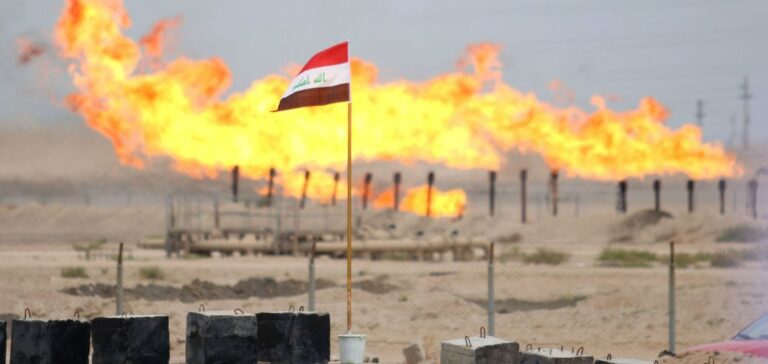Iraq, the third-largest oil producer within the Organization of the Petroleum Exporting Countries (OPEC), is currently intensifying its strategy of market diversification, especially towards Africa. This shift comes after the United States recently ended waivers allowing Baghdad to import gas and electricity from Iran, supplies essential for approximately 30% of Iraq’s domestic energy needs. The Iraqi government is now compelled to accelerate its strategic repositioning, notably through a renewed agreement with Turkey, resuming oil exports halted since March 2023. Initially limited to 185,000 barrels per day, these exports are expected to gradually increase.
Resumption of Exports Through Turkey
The relaunch of the pipeline to Turkey’s port of Ceyhan represents a central component of Iraq’s new energy strategy. Previously halted due to legal disputes involving Baghdad, Ankara, and Kurdish regional authorities, these exports should enhance Iraq’s capacity to reach new international markets, particularly in Africa. The Iraqi government thus aims to stabilize its energy revenues, 90% of which rely on oil exports, while reducing its vulnerability to Asian markets, which currently represent over 70% of its outlets.
Concurrently, Iraq’s energy sector is undertaking several initiatives to ensure medium-term energy self-sufficiency. The cessation of Iranian imports forces Baghdad to rapidly invest in reliable alternatives, including acquiring two Floating Storage Regasification Units (FSRU) intended for importing Liquefied Natural Gas (LNG) from Qatar and Oman. These units should be operational by June 2025, significantly reducing energy dependence on Tehran in compliance with U.S. requirements.
Development of Oil Infrastructure
In this context, Baghdad is also focusing on developing strategic oilfields, particularly in the Kirkuk region, through a recent agreement with British Petroleum (BP). This partnership involves increasing oil production and reducing excessive gas flaring, a common practice in the country. Besides consolidating Iraq’s energy independence, this project aims to enhance the competitiveness of Iraqi oil in the African market, an economic area experiencing rapid growth and increasing energy demand.
Lastly, the Iraqi government is actively exploring the establishment of the “Iraq Development Road” project, in collaboration with Turkey, Qatar, and the United Arab Emirates. This logistical corridor project, linking Asia to Europe via Iraq, could significantly enhance trade between Baghdad and several African countries while facilitating access to new markets. Additionally, this initiative could generate substantial additional revenues by diversifying export routes and creating an economically attractive environment for international investors.
These simultaneous actions clearly position Iraq within a strategy of rapid adaptation to current geopolitical and economic constraints, while enhancing its appeal to emerging markets, particularly in Africa. Economic and commercial outcomes of this strategic realignment will be closely monitored by international stakeholders in the energy sector.






















